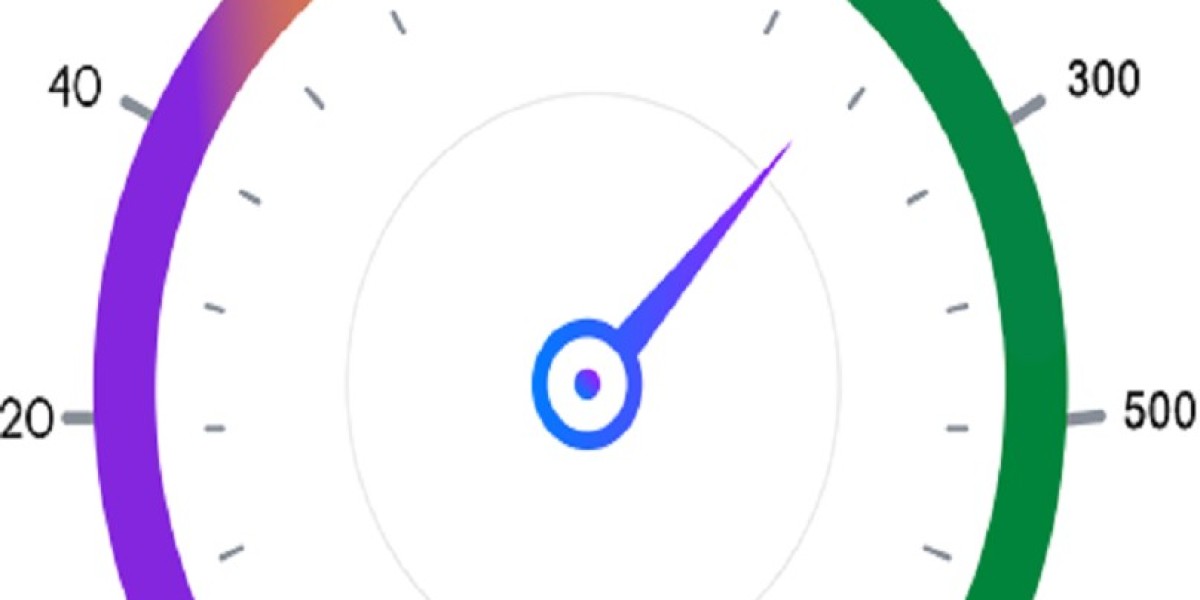The world of commercial property management is undergoing a dramatic transformation and technology is leading the charge. What was once a paper-heavy, manual, and reactive industry has rapidly become data-driven, proactive, and highly automated. In 2025, cutting-edge technologies like artificial intelligence (AI), Internet of Things (IoT), and cloud-based platforms are redefining how real estate professionals operate, maintain, and grow commercial assets.
Whether you're a property manager, asset owner, or part of a development firm, staying ahead means embracing innovation. Let’s explore the key technological advancements that are reshaping commercial property management this year and what they mean for your operations and profitability.
1. The Shift to Data-Driven Decision Making
At the heart of technological change in 2025 is data its collection, analysis, and application. Commercial property managers now have access to real-time metrics on occupancy rates, energy consumption, maintenance schedules, and lease performance.
Modern Real Estate Property Management Software aggregates this data into dynamic dashboards, allowing property managers to quickly identify underperforming areas, track tenant behavior, and anticipate issues before they escalate. Instead of reactive decision-making, managers are empowered to be proactive and strategic.
Example:
A manager overseeing a mixed-use office complex can monitor which tenants frequently delay payments, which units require more maintenance, and how utility usage compares month to month all from a single platform.
2. Artificial Intelligence and Predictive Analytics
AI and machine learning are now embedded into many commercial real estate platforms, enhancing everything from rent forecasting to tenant screening.
For example, AI-powered analytics can predict future occupancy rates based on historical data, market trends, and economic forecasts. Property managers can use these insights to plan marketing campaigns, adjust pricing, or offer renewal incentives before vacancies arise.
Chatbots and virtual assistants are also revolutionizing customer service, answering tenant questions 24/7, automating lease renewals, and routing maintenance requests reducing the workload on human teams and improving tenant satisfaction.
3. Smarter Maintenance with IoT
The Internet of Things (IoT) is playing a critical role in optimizing building operations. Smart sensors now monitor HVAC systems, lighting, elevators, and water usage. These devices alert property managers about anomalies like a failing motor or a potential leak before they turn into costly repairs.
This real-time monitoring ensures:
- Lower maintenance costs
- Longer equipment life spans
- Faster issue resolution
- Improved tenant comfort and safety
Smart buildings are no longer a futuristic concept they’re quickly becoming the standard in commercial real estate.
4. Automation of Back-Office Functions
One of the most significant advantages of adopting modern property tech is the automation of repetitive administrative tasks. Lease management, rent collection, invoice processing, compliance reporting all of it can be automated using cloud-based platforms.
Real Estate Property Management Software now integrates with accounting systems, CRM tools, and tenant portals. This eliminates manual data entry, minimizes errors, and saves hours of labor each week.
Benefits of automation:
- Streamlined lease workflows
- Fewer missed payments
- Faster reconciliation of accounts
- Easy access to digital records for audits or reporting
This efficiency is especially valuable in large portfolios, where small mistakes can lead to significant financial consequences.
5. Cloud-Based Collaboration and Remote Access
The post-pandemic shift toward hybrid work made remote collaboration a necessity and technology rose to meet the challenge. In 2025, property managers can access portfolios, approve work orders, communicate with tenants, and view financials from anywhere via secure, cloud-based platforms.
This mobility improves response times, enhances team productivity, and allows leadership to stay connected with real-time insights, even while on the move.
For development firms and large REITs, having remote access to software for real estate development is a game-changer. Teams can coordinate budgets, track progress across sites, and adjust timelines without being physically present dramatically reducing operational bottlenecks.
6. Enhanced Tenant Experience Through Digital Services
Tenant expectations are evolving, and today’s occupants demand more than just space they want service. Digital tools now offer tenants a seamless experience that includes:
- Online rent payments
- Mobile maintenance requests
- Access to community amenities via app
- Automated notifications about lease changes or community events
A great tenant experience leads to longer leases, lower turnover, and better online reviews critical factors in today’s competitive market.
7. Sustainable and ESG-Focused Management
Technology is also supporting the industry’s push toward sustainability and ESG (Environmental, Social, and Governance) compliance. Smart energy systems track consumption and help reduce waste. Sustainability dashboards help managers benchmark performance against green building standards.
Tenants, investors, and regulators are all demanding more transparency around sustainability. By adopting tech tools that track and report ESG metrics, property managers are future proofing their assets and aligning with global best practices.
8. Seamless Integration Across the Real Estate Lifecycle
What sets 2025 apart is the increasing interoperability between various tools across the real estate lifecycle from planning and development to leasing and operations.
For instance, software for real estate development now connects directly with post-construction management systems, ensuring a seamless transition between project phases. This integration allows for more accurate cost control, streamlined handoffs, and better long-term asset performance.
The days of siloed systems and fragmented workflows are coming to an end.
Real-World Example: Tech Transformation in Action
A national commercial property management firm overseeing over 200 locations transitioned from a legacy system and spreadsheets to a fully integrated, cloud-based platform. Within 12 months, they:
- Reduced tenant complaints by 35% due to faster maintenance responses
- Increased rent collection rates by 22% through automated reminders
- Lowered operating costs by 18% by optimizing energy usage
- Improved investor reporting with real-time dashboards
This success was only possible through their investment in a modern property management tech stack.
Final Thoughts
Technology is no longer a luxury in commercial property management it’s a competitive necessity. In 2025, those who embrace smart systems, automation, and data-driven insights are better equipped to manage risk, delight tenants, and grow their portfolios efficiently.
From real-time building analytics and AI-powered forecasting to automated leasing and integrated Real Estate Property Management Software, the tools available today are empowering managers to reimagine how properties are operated and optimized.
As the real estate landscape grows increasingly complex and competitive, the firms that leverage innovation will lead the market while those stuck in outdated systems risk falling behind.








